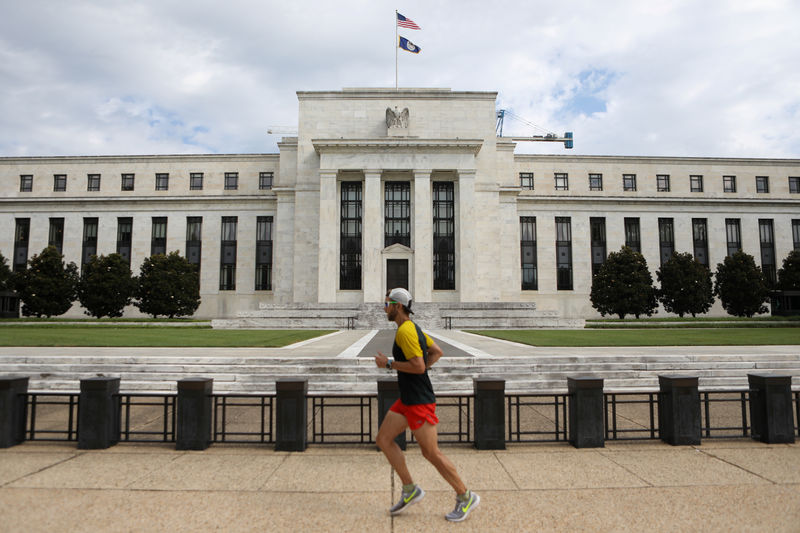(Bloomberg) -- Explore what’s moving the global economy in the new season of the Stephanomics podcast. Subscribe via Pocket Cast or iTunes.
Central bankers have given a thumbs up to their own actions over the past decade, saying negative interest rates and asset purchases helped growth and inflation, and that the positives outweighed the negatives.
That’s the result of a survey by the Bank for International Settlements, which comes amid a major debate about the side effects from a prolonged period of ultra-loose monetary policy, and complaints that some measures may be doing more harm than good.
In the survey, conducted early this year, central bankers acknowledge some issues, but say they’ve largely been contained. The BIS said the “positive experience” means unconventional policies should remain part of toolbox. However, the world is still in the early days of this monetary experiment and a full assessment won’t be possible until policies are unwound, it added.
That could be some time away, as central banks globally are easing yet again. Both Australia and India cut interest rates last week, and the European Central Bank lowered its deposit rate to a record-low -0.5% in September. The U.S. Federal Reserve may this month reduce borrowing costs for a third time in 2019.
“Central banks judged that negative policy rates contributed to the achievement of their policy goals and that their side effects have been contained. Nonetheless, they noted that their experience so far involved modestly negative interest rates: transmission effects could be weaker, or side effects stronger, should more deeply negative rates be implemented.”
--BIS, October 2019
Given the risk of those stronger side effects, some institutions have tried to mitigate the impact on banks. The ECB will exempt some reserves from its deposit charge, while the Swiss National Bank has increased the amount it excuses from the penalty. In the BIS survey, published on Monday, central banks acknowledged that net interest margins could be squeezed by low rates, but said this didn’t reduce the effectiveness of the measure.
The tone on quantitative easing was similar, the central bankers saying side effects were “limited so far and thus offset by their positive effects.” Among the specific problems mentioned were lower trading volumes and a decrease in the volatility of yields, or a price dislocation when a central bank holds a large share of a specific bond.
As well as negative interest rates and QE, the report also looked at lending operations and forward guidance. The latter was described as “overall quite effective,” though sometimes hard to design and “not without the occasional mishap.”
While acknowledging the successes of monetary policy, the BIS highlighted one issue that’s been emerging more vocally from central bankers recently: that fiscal policy also needs to step up. It said central banks’ readiness to act can induce a bias to inaction among others and put “unfounded expectations” on monetary policy.
“All told, unconventional monetary policy tools are more effective when accompanied by appropriate supervisory, prudential and fiscal policies and embedded in a broader policy framework that avoids placing a disproportionate burden on the central bank.”
